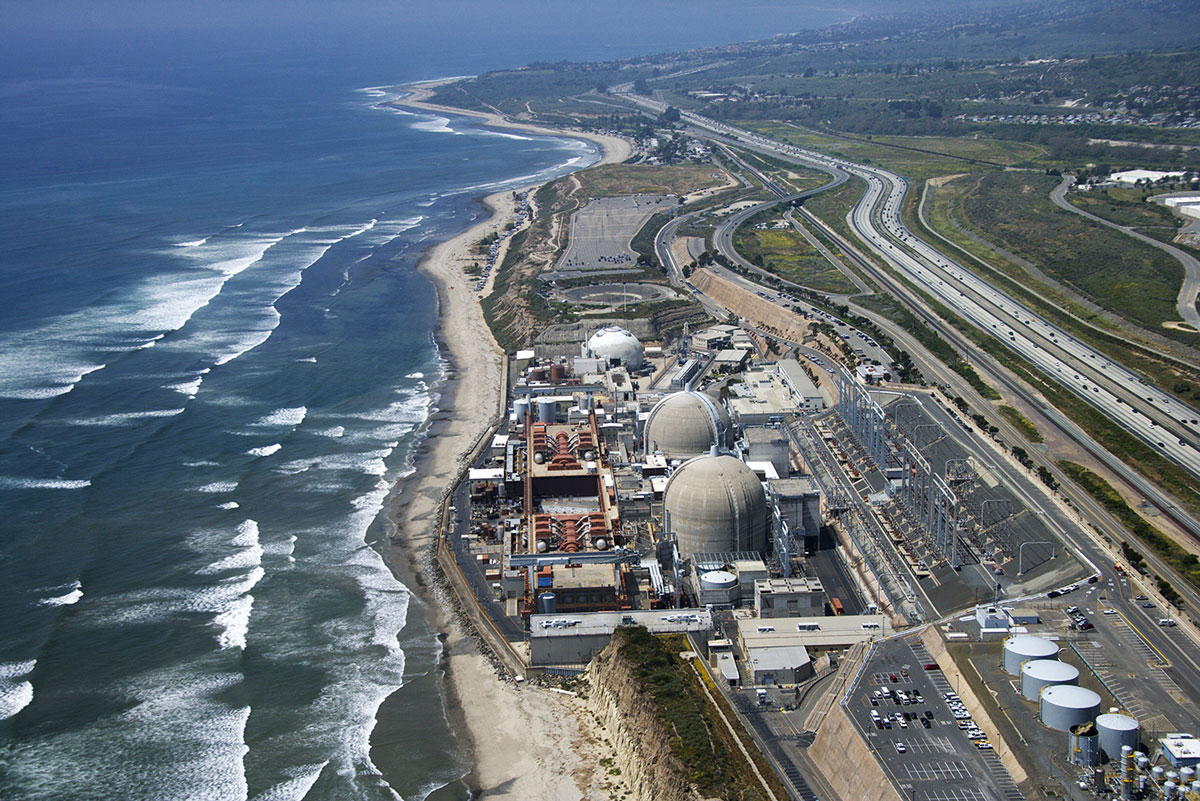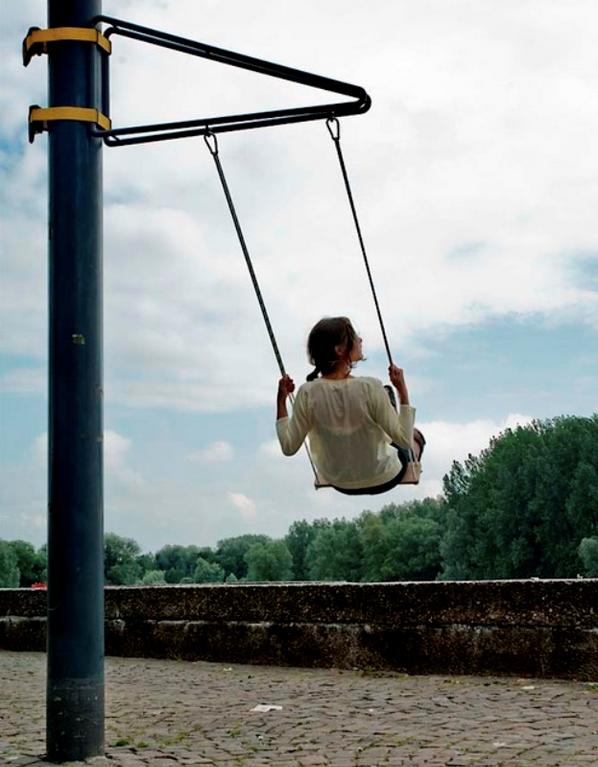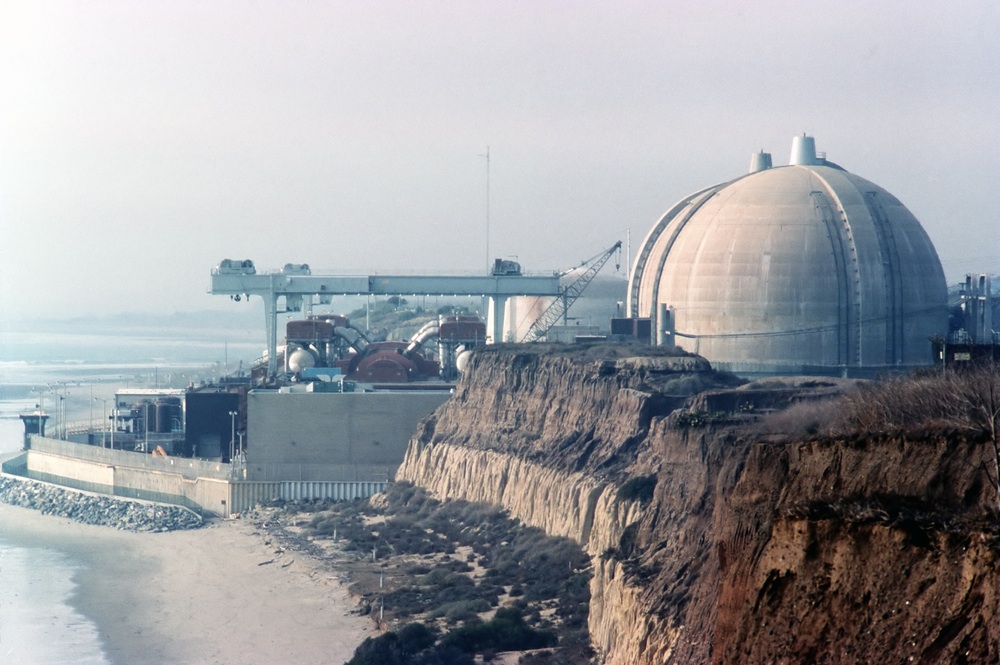
ShutterstockSan Onofre nuclear plant — now just a blight on the seashore.
Southern California Edison is officially giving up on the San Onofre nuclear power plant — and it’s about time. When workers have to resort to masking tape and broomsticks to patch up a leaky pipe, you know things are bad. And that’s just one of many reasons why the name of the plant is usually preceded by the word “troubled.”
Speaking of which, from CBS News:
The troubled San Onofre nuclear power plant on the California coast is closing after an epic 16-month battle over whether the twin reactors could be safely restarted with millions of people living nearby, officials announced Friday.
Operator Southern California Edison said in a statement it will retire the twin reactors because of uncertainty about the future of the plant, which faced a tangle of regulatory hurdles, investigations and mounting political opposition. With the reactors idle, the company has spent more than $500 million on repairs and replacement power.
The coastal plant near San Clemente once supplied power to about 1.4 million homes in Southern California but has been shuttered since January 2012 when a tube in its newly replaced steam generators leaked a small amount of radioactive steam, leading to the discovery that the tubes were wearing down at an unusual rate.
That’s a different leak than the one patched with masking tape, just so you know.
Anti-nuclear activists are psyched. “The people of California now have the opportunity to move away from the failed promise of dirty and dangerous nuclear power and replace it with the safe and clean energy provided by the sun and the wind,” said Erich Pica, president of Friends of the Earth U.S.
This leaves just one operating nuke plant in California — Diablo Canyon, near San Luis Obispo. Last year it was knocked offline by a jellyfish-like sea critter, but most of the time there’s nothing to worry about — other than the fact that the plant sits near two active earthquake faults.




